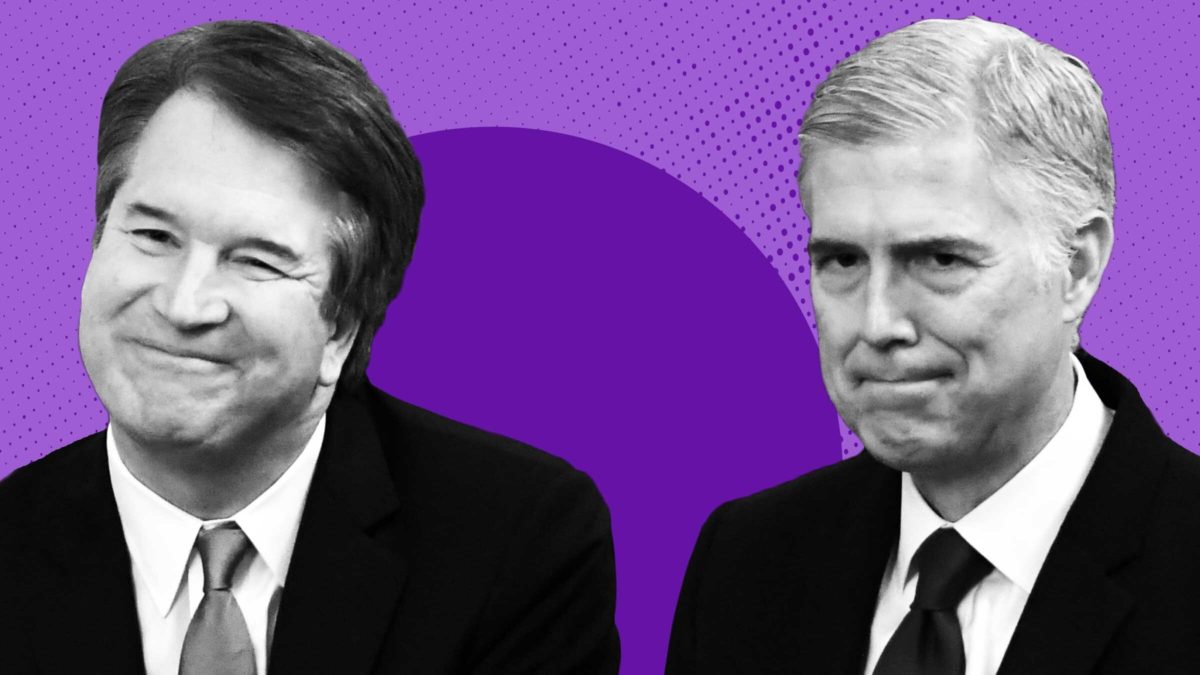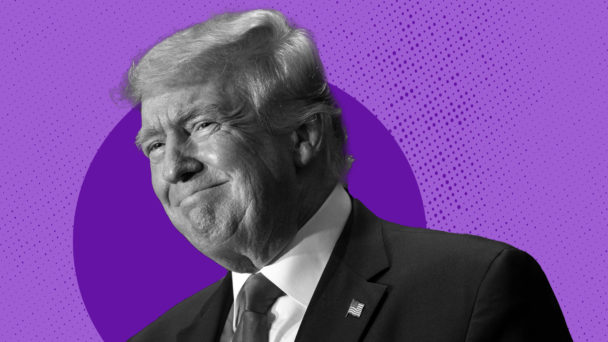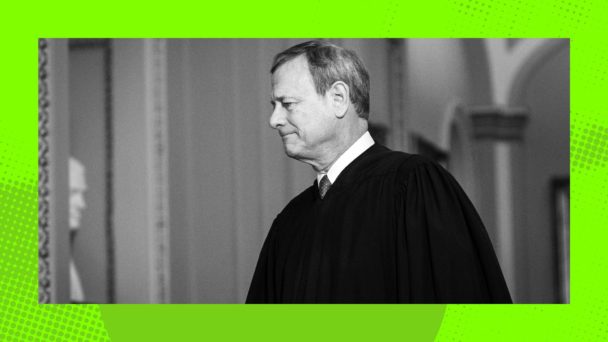On Thursday, the Supreme Court convened for its final oral argument of the term, ostensibly to decide whether a President Donald Trump can be criminally prosecuted for his efforts to overturn the 2020 election. In all likelihood, Trump v. United States—both the case’s name and also an apt description of U.S. politics right now—is the last chance to prosecute Trump between now and November, when Americans return to the polls to decide if a guy who once tried to overthrow the government is worthy of leading it.
If, however, you were unfamiliar with the particulars of the January 6 insurrection and Trump’s role in facilitating the events that led to it, the bulk of oral argument would have felt dry, boring, and academic. Throughout, the Republican justices worked diligently to frame the case as a series of abstractions—as fodder for an erudite discussion of constitutional theory that only tangentially and coincidentally implicates the electoral future of their preferred candidate. The calculus was pretty simple: The more time they spend discussing things that are not Donald Trump’s real-world criminality, the less attention Donald Trump’s real-world criminality gets.
A Department of Justice-appointed special counsel has charged Trump with, among other things, conspiracy to defraud the United States. The statutory language is pretty broad, but as the government’s lawyer, Michael Dreeben, explained to the Court on Thursday, the law is “designed to protect the functions” of the federal government. “It’s difficult to think of a more critical ‘function’ than the certification of who won the election,” Dreeben said.
Yet even this oblique reference to what Trump actually did was too much for Justice Samuel Alito, who quickly jumped in. “As I said, I’m not talking about the particular facts of this case,” he told Dreeben. Instead, Alito spent much of his allotted time discussing the outer limits of presidential criminality, repeatedly invoking the dangers of a too-lenient test that could allow bad-faith prosecutors to bring groundless actions against hypothetical ex-presidents at some undefined point in the future.
At one point, Alito pondered whether President Franklin Roosevelt could have been prosecuted after leaving office for ordering the internment of Japanese-Americans during World War II. To be charitable to Alito, I agree that this would have been a case of prosecutorial overreach, given that Franklin Roosevelt left the White House by dying in it.
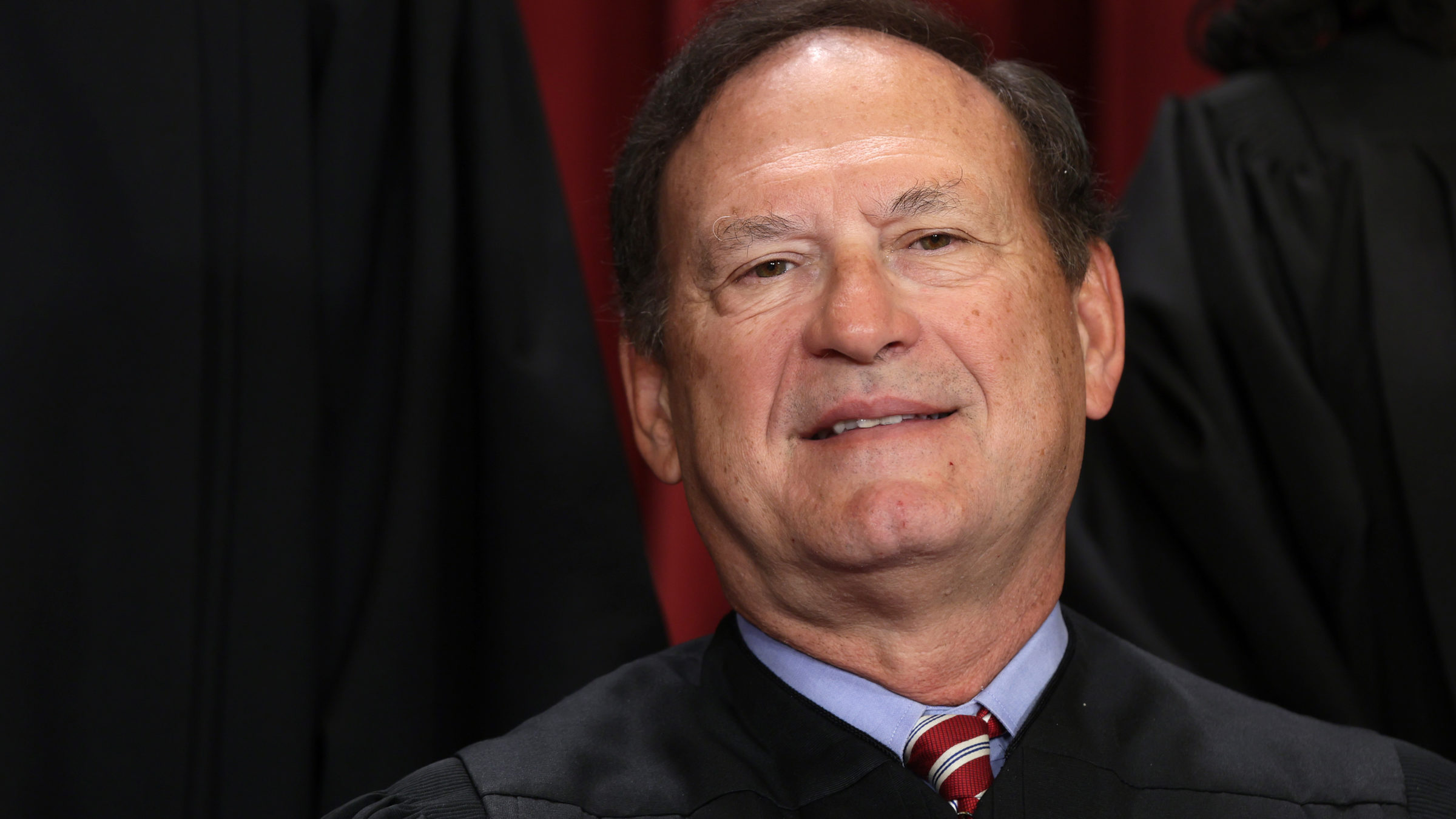
When you’re ready to put FDR away for li—ah wait (Photo by Alex Wong/Getty Images)
Other Republican justices were similarly careful to keep things cartoonishly theoretical. “I’m not focused on the here and now of this case. I’m very concerned about the future,” said Justice Brett Kavanaugh, who also expressed great concern about the specter of politically-motivated prosecutions (a subject with which Kavanaugh, a lifelong Republican operative who was among the more unhinged members of the Whitewater team investigating President Bill Clinton, is especially familiar). When one of Dreeben’s answers briefly alluded to Trump’s demand that Georgia officials “find” him 11,000 votes, Justice Neil Gorsuch cut him off. “I’m just focused on the legal test,” he said. “I’m not concerned about this case so much as future ones, too.” At last, the Court’s habit of obscuring the real-world consequences of its work extends to the subject of a president’s promotion of an armed coup attempt.
A few justices tried to ground Trump v. United States in its political and social context. Justice Elena Kagan, presumably aware of the dwindling opportunities to remind voters of Trump’s various crimes, worked the hardest to remind people of the sequence of events that landed this case before the Court. In a series of questions, she asked Trump’s lawyer, D. John Sauer, whether certain, specific allegations in the indictment—Trump’s frivolous lawsuits, and his efforts to persuade Republican lawmakers to hold hearings about “election fraud”—counted as “official” or “unofficial” acts of a president. In a notable exchange with Justice Amy Coney Barrett, Sauer allowed that some of the allegations, including Trump’s plans to submit fraudulent slates of electors, might have been “private” (and thus prosecutable) acts after all.
For the most part, however, the Republican justices who want the Republican candidate to win in November spent the morning filibustering the facts out of existence. Maybe the silliest exchange came when Gorsuch pressed Dreeben on the distinction between a president’s “private” and “official” acts. “Let’s say a president leads a mostly peaceful protest sit-in in front of Congress, because he objects to a piece of legislation that’s going through,” asked Gorsuch, casually adopting the conservative media ecosystem’s preferred framing of January 6. “Is that ‘core’, and therefore immunized? Or not ‘core’, and therefore prosecutable?”
Students of history will recognize that the events that culminated in January 6 were neither “peaceful” nor a “protest”; people with functioning brains will understand that resolution of an edge case about a make-believe civil rights protest is not super relevant to the determination that an actual president’s actual efforts to overturn an actual election was not a “core” function of his duties as chief executive. But for members of this conservative supermajority, what passes for the thoughtful administration of justice is inventing fake law school exam scenarios that are more complicated than this one, and then wasting time hemming and hawing about what to do next.
In nearly three hours of oral argument, the phrase “January 6” was mentioned only once, and only by Dreeben, and only after it was clear that a majority of the justices were leaning toward remanding the case to the lower court, thus delaying Trump’s trial even further, and perhaps enough that voters will cast their ballots this fall before a jury of Trump’s peers ever decides his innocence or guilt.
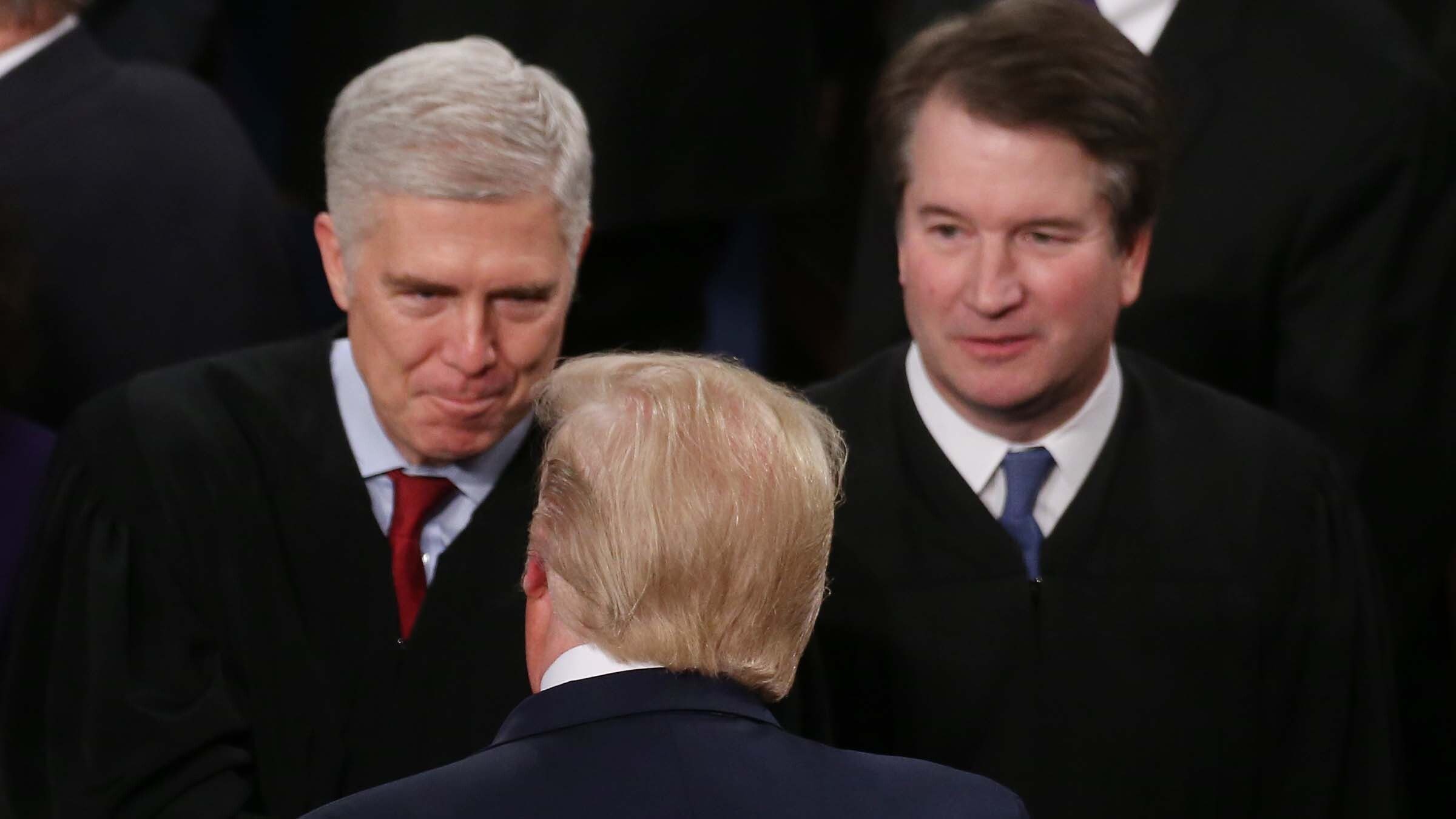
(Photo by Mario Tama/Getty Images)
Glossing over the nitty-gritty details of a case isn’t new for the Court, which typically only concerns itself with facts when describing in graphic detail the underlying crime in a Clarence Thomas opinion that authorizes the state to torture an elderly capital defendant to death. The usual excuse for this relates to the Court’s ostensibly limited role in the federal judicial system: In theory, it is an appeals court that decides carefully-scoped legal issues, not a trial court that troubles itself with quotidian factual questions.
But as Justice Sonia Sotomayor wrote earlier this year, in a different case that furthered a key policy goal of the conservative legal movement, “Procedure can be just as consequential as substance.” The Republican justices understand that their power to dawdle with Trump’s case gives him the best possible chance at winning a second term in the White House. In the meantime, all they have to do is talk about something—anything—else.
